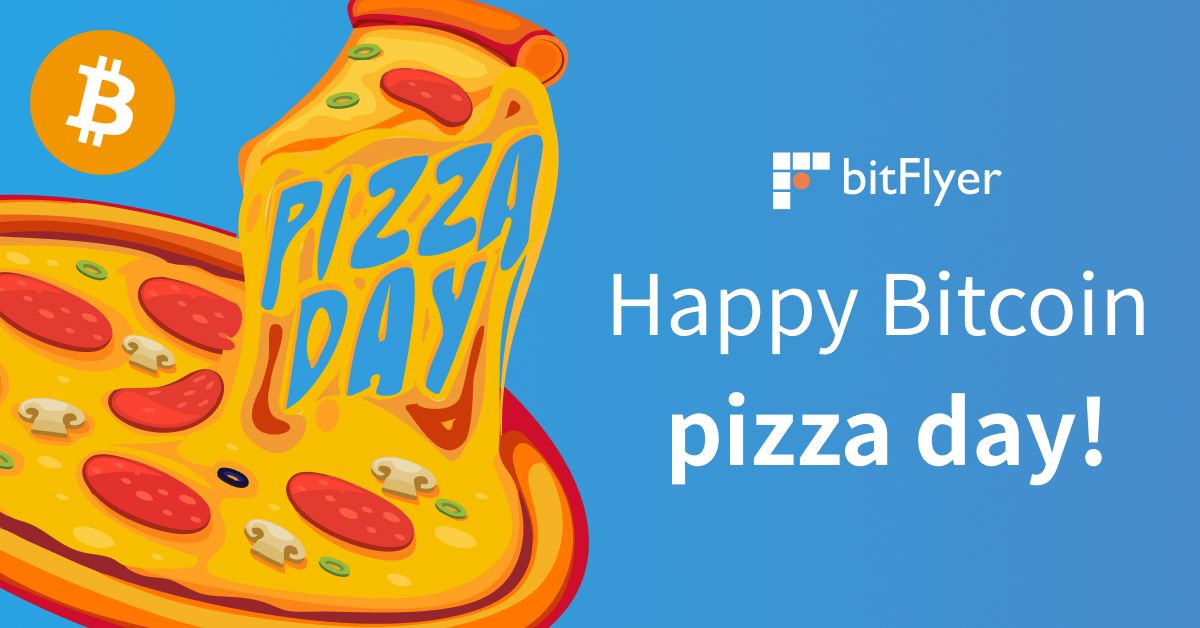What is Bitcoin Cash (BCH)?

In 2008, Satoshi Nakamoto introduced Bitcoin as “A Peer-to-Peer Electronic Cash System” that leveraged cryptography and blockchain technology. In turn, this laid the foundation for distributed and decentralised financial systems, wherein users can conduct secure transactions without involving third-party intermediaries.
Bitcoin’s popularity sky-rocketed in the next few years, driven primarily by the unprecedented possibilities that it enabled within the finance sector. However, in 2017, the community failed to reach a consensus regarding the network’s state, resulting in a hard fork that formed Bitcoin Cash.
As such, Bitcoin Cash or BCH inherits Bitcoin’s (BTC) basic features, such as decentralisation, fixed supply, lower costs as compared to traditional finance, global access, and so on. However, BCH’s primary distinction is that it has a greater ‘block size’ than BTC, thus enabling lower processing time and faster transactions. Alongside these, BCH implements certain scalability upgrades, and at the time of writing, is the sixth largest cryptocurrency by market capitalisation.
The Hard Fork & Bitcoin Cash’s Genesis
In its original form, Bitcoin compromised scalability for security. As Bitcoin’s popularity increased, so did the users’ activity on the network, and in the process, scalability emerged as a major obstacle.
In simple terms, because of the low scalability, an increase in the volume (number) of Bitcoin transactions results in an increase in the processing time for individual transactions. In other words, greater transactional volumes imply greater ‘mining’ time, which ultimately results in slower transactions.
As a solution to this problem, a section of the community proposed an increase in the block size of the Bitcoin blockchain to 8 MB, raising it from the original 1 MB. The rationale behind this suggestion was that a greater block size would accommodate more transactions in a given period of time, thus enabling faster settlements.
The proposal sparked a debate within the community and split it into two factions—one in favour of retaining the original block size by citing security concerns and another supporting the increase. Eventually, this led to a hard fork on August 1st, 2017. Initiated by developers at Bitcoin-ABC, the fork created a new cryptocurrency—Bitcoin Cash (BCH)—while preserving and inheriting the fundamental features of the ‘Bitcoin Core’, the initial Bitcoin, chain.
Bitcoin Cash (BCH) began its market journey at $900, backed by heavyweights such as Roger Ver and Bitmain, which was the world’s largest Bitcoin mining firm at the time. By December, BCH crossed $4,000 in market price.
Bitcoin Cash (BCH) vs. Bitcoin (BTC)
Arguably, the brightest feather in BCH’s cap is that it retains the desirable features of Bitcoin while improving on its shortcomings. In this sense, Bitcoin Cash inherits the robust security of the Bitcoin Core chain, as well as its Proof-of-Work (PoW) consensus mechanism. Furthermore, BCH is fully-decentralised, open-access, and globally distributed, just like Bitcoin. In fact, as some BCH proponents claim, it represents Satoshi’s original vision of the network.
Notwithstanding the similarities, BCH has fundamental differences with BTC, primarily in terms of block size and processing time for transactions. As opposed to 1 MB, the maximum block size on Bitcoin Cash was 8 MB, which was further raised to 32 MB in 2018. Consequently, miners on the network can parallelly validate a greater number of transactions than before, thus resulting in shorter waiting and processing time. Moreover, unlike BTC, BCH doesn't implement Segregated Witness or SegWit, an alternative method for accommodating more transactions per block.
As opposed to Bitcoin’s 1000-1500 transactions per block, tests on BCH revealed its capacity to hold as many as 25,000 transactions per block. In principle, the improved scalability makes BCH more appropriate for day-to-day transactions, although its full potential is yet to be realised and presupposes greater user participation.
Lastly, as a cryptocurrency, BCH can be bought, sold, and traded on bitFlyer. To participate, sign up today.
Disclaimer:
The information contained in this article is for general information purposes only. bitFlyer EUROPE S.A. is in no way affiliated with any of the companies mentioned herein. Neither does bitFlyer assume any responsibility nor provide any guarantee for the accuracy, relevance, timeliness or completeness of any information provided for by these external companies.
You accept that you are responsible for carrying out your own due diligence when investing. bitFlyer shall in no way be responsible for any acts taken on account of this article nor does bitFlyer provide any investment advice for its users.



